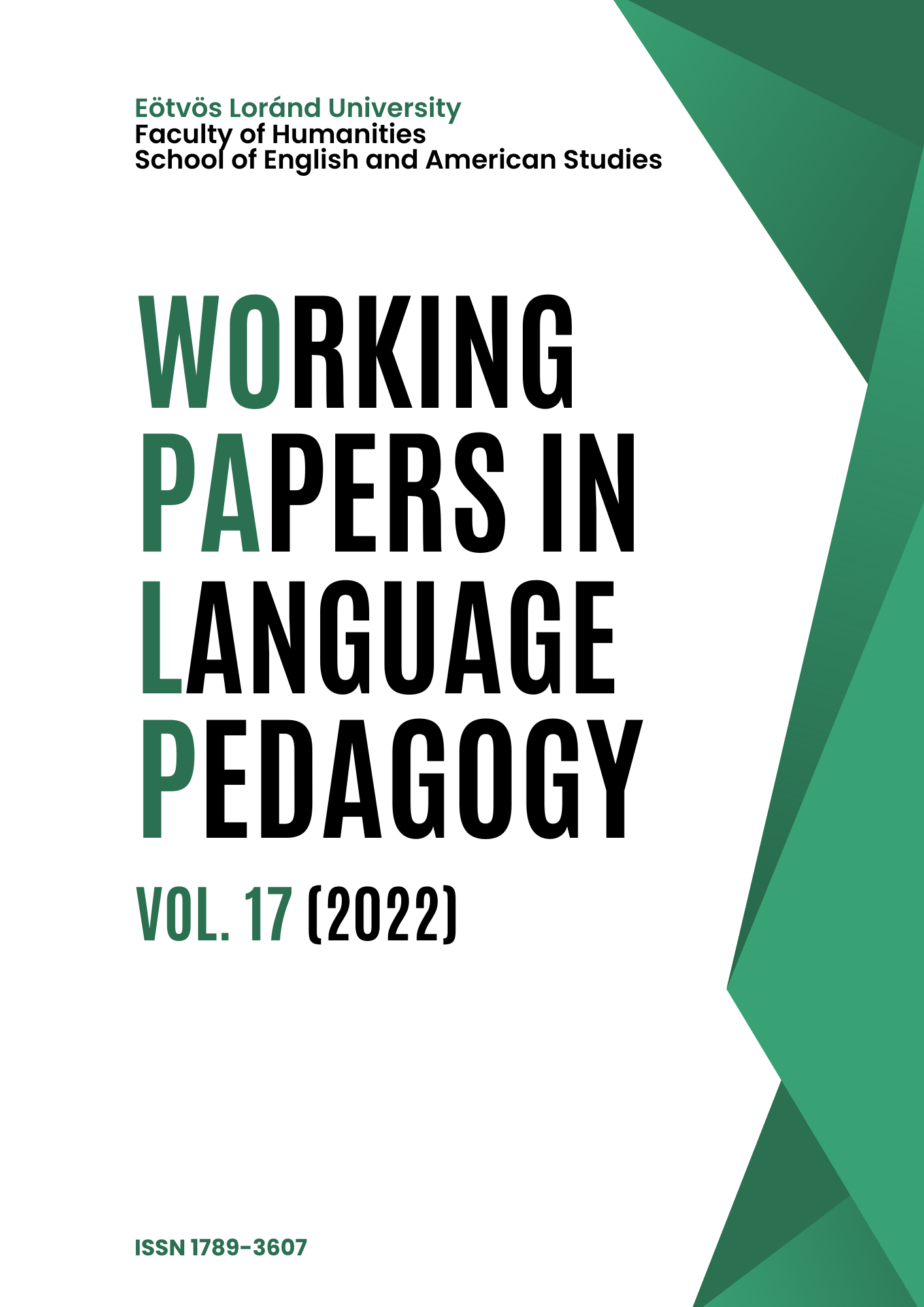Myanmar EFL Learners’ Use of Technology-Mediated Lexical Applications and Vocabulary Learning Strategies: Piloting a Questionnaire
DOI:
https://doi.org/10.61425/wplp.2022.17.1.22Keywords:
technology-mediated lexical applications, vocabulary learning strategies, vocabulary knowledgeAbstract
The present study reports the development and piloting process of a questionnaire which explores Myanmar EFL learners’ use of technology-mediated lexical applications and vocabulary learning strategies (VLS) and examines problematic aspects of vocabulary knowledge for the learners. In second language (L2) vocabulary learning, technology-mediated lexical applications are increasingly used by EFL learners, which may affect their L2 vocabulary learning process and their vocabulary development (Ma, 2017a). This quantitative pilot study aims to design a complex questionnaire based on three main constructs; technology-mediated lexical applications, VLS, and problematic aspects of vocabulary knowledge. Altogether 95 BA students from a public university in Myanmar took part in this study. The preliminary results revealed that Myanmar EFL learners engage with open-online resources, e-dictionaries, online videos, online texts and social communication tools, and dictionary use was found to be the most commonly used strategy. Receptive knowledge appeared to be more problematic than productive knowledge in all aspects. It is hoped that the findings will contribute to a better understanding of Myanmar EFL learners’ vocabulary learning habits, which may prove useful in helping EFL teachers to foster the use of technology with the help of effective VLS to order to increase EFL learners’ receptive vocabulary knowledge.




